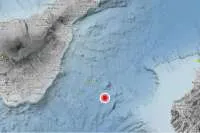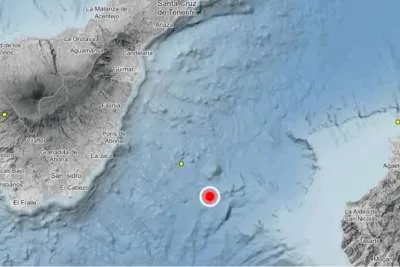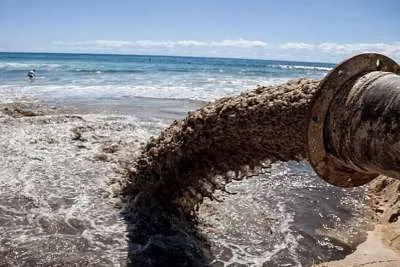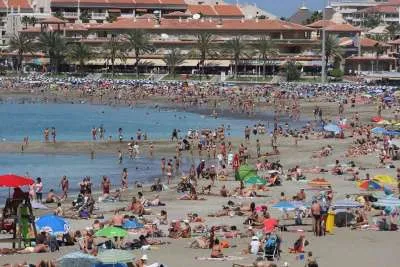Canary Islands to appeal to EU for restriction on property purchases by non-residents
- 22-05-2024
- National
- Canarian Weekly
- Photo Credit: C7
The Canary Islands Government plans to request that the European Union (EU) permit restrictions on the purchase of housing by non-residents. Despite the archipelago’s status as an Outermost Region (RUP), which allows for various exemptions, the EU has yet to consider this demand.
The regional government argues that this measure is necessary to address the housing crisis declared by the local administration, however, opposition parties have criticised this approach, suggesting that the true issue lies in the lack of social housing construction, which they argue the government has also neglected.
Pablo Rodríguez, the Canary Islands' Public Works Minister, highlighted the impossibility of replicating the housing construction rates seen before 2008 due to limited land and capacity. Previously, the islands saw up to 30,000 homes built annually, but recent years have only seen around 3,000 annually, which is insufficient to meet current housing demands.
In 2023, nearly 30% of housing purchases in Tenerife were made by non-residents, and 20% for the rest of the islands. Rodríguez noted that these statistics are particularly concerning given the housing emergency, making the situation "truly worrying." This has placed the Canary Islands among the top three Spanish regions where foreign buyers are most active, primarily from the EU.
The Canary Islands' legal team is preparing a case to request that the EU allow limitations on property purchases by non-residents, similar to restrictions in Malta, Denmark, and Finland’s Åland Islands. These regions negotiated their exceptions before joining the EU, a luxury not afforded to newer members. Other regions in France, Italy, and Belgium have attempted similar measures but faced EU rejection. In 2023, Spain denied the Balearic Islands' request to restrict foreign property purchases.
Carlos Alonso, the Canary Coalition's candidate for the European Parliament, outlined three potential strategies to advance this proposal. The first involves fiscal measures, as personal income tax and environmental balance fees are not fully harmonised across the EU.
The second strategy leverages the EU treaty chapter on freedom, which allows for restrictions on capital movement or establishment for overriding public interest reasons. The third strategy, referred to as the "Malta route," involves invoking Article 25 of Spain's EU accession act, which permits modifications to the Canary Islands' integration regime under specific conditions.
Francesca Dalboni, the European Commission’s financial spokesperson, stated that the EU generally prohibits restrictions on capital movements related to real estate purchases by non-resident EU nationals. However, exceptions can be justified for public order, public security, or imperative public interest reasons, as acknowledged by the EU Court of Justice.
Rodríguez emphasized the distortion of the real estate market and expressed hope for support from both the EU and the Spanish state in addressing this exceptional situation.
The Canary Islands' proposal to the EU will focus on three key points: requiring a minimum residency period to purchase property, necessitating prior authorisation for purchases, and implementing fiscal and tax measures.
Other articles that may interest you...
Trending
Most Read Articles
Featured Videos
TributoFest: Michael Buble promo 14.02.2026
- 30-01-2026
TEAs 2025 Highlights
- 17-11-2025































































